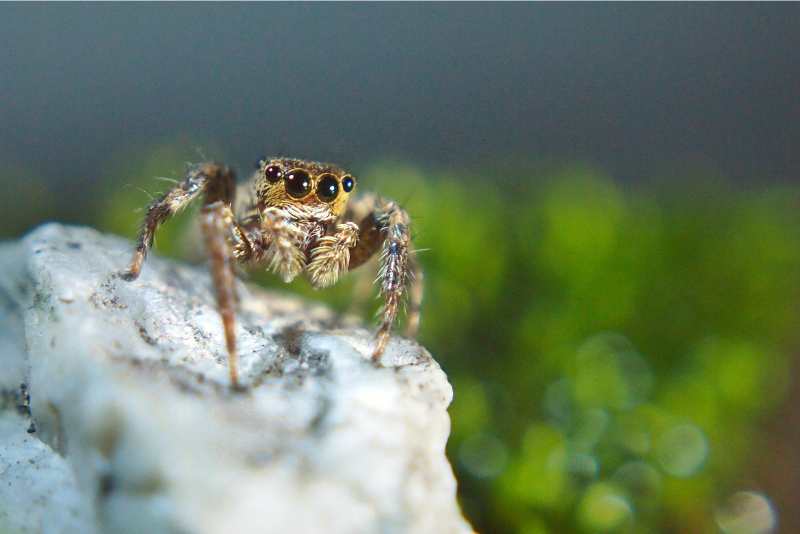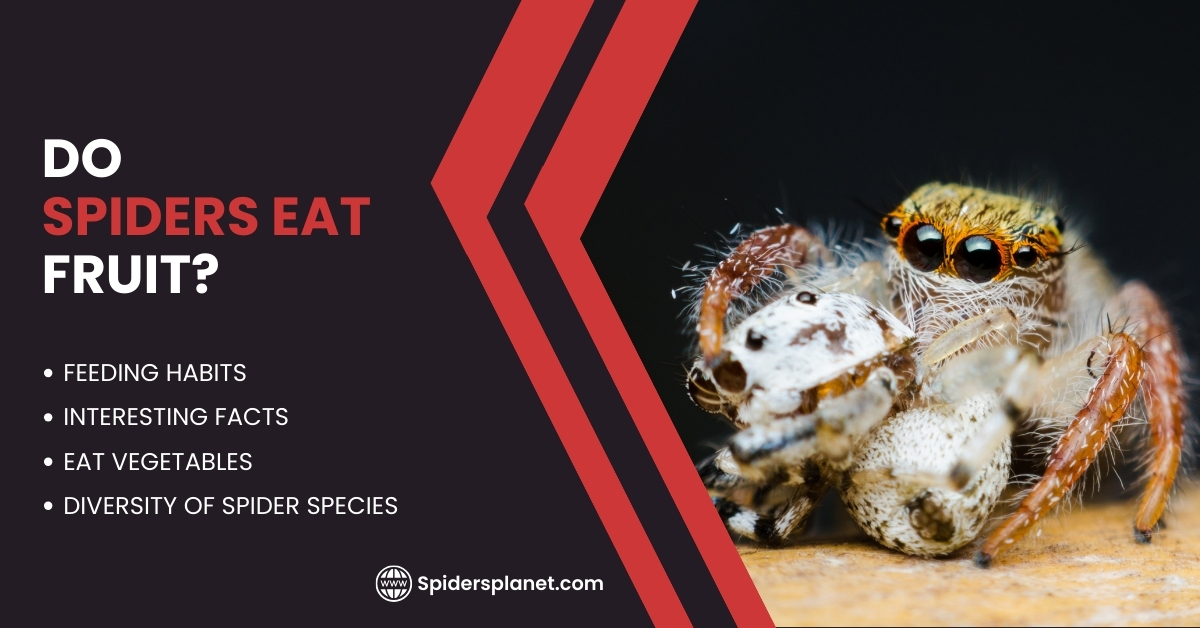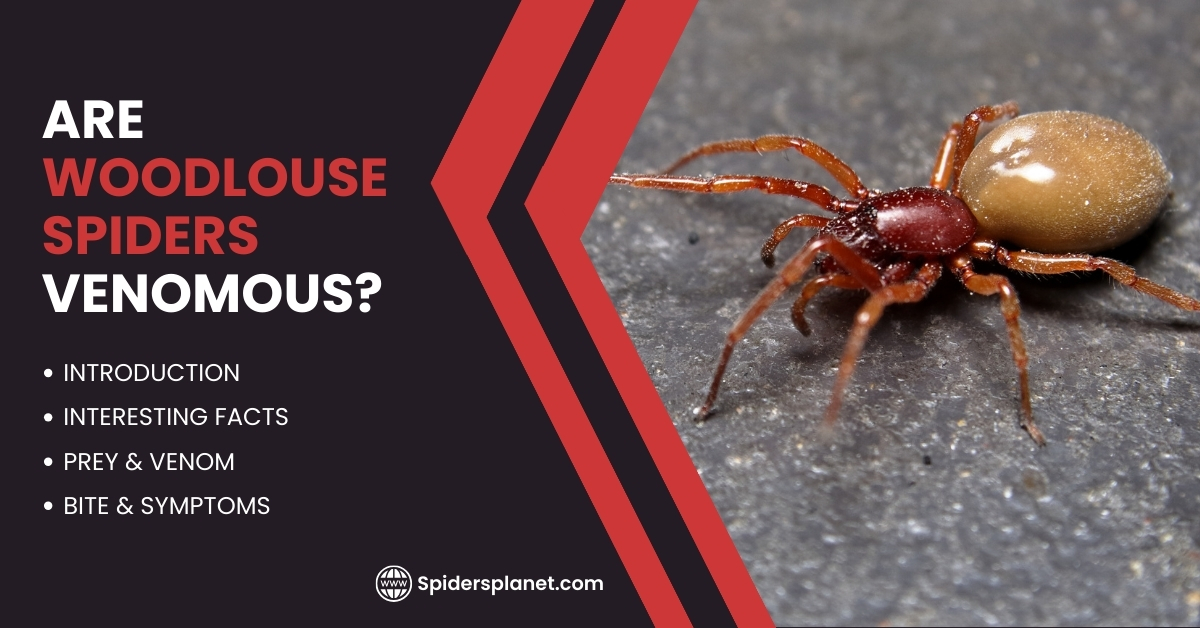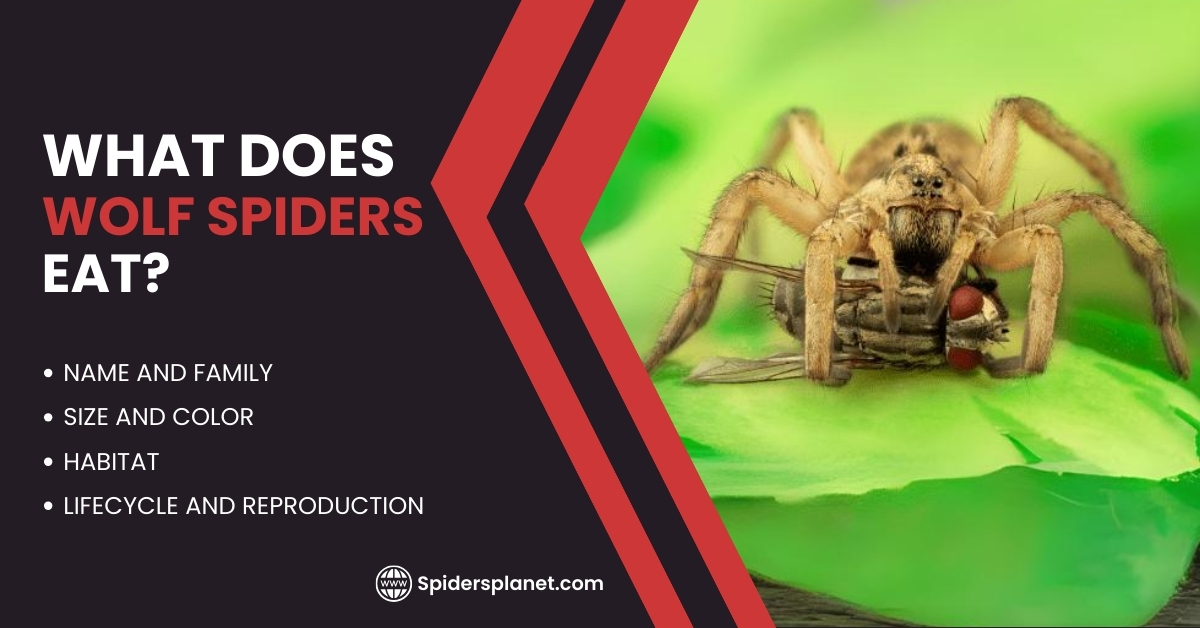Jumping spiders are becoming increasingly popular as pets over the years, and for good reason! They are small, easy to care for, and require minimal space.
However, one question that often comes up when people are considering getting a jumping spider is “do they bite?”
The short answer is yes, jumping spiders can bite! But, their bite is very mild and usually causes no more than a minor skin irritation or itch.
What Causes A Jumping Spider To Bite?
Jumping spiders are generally not aggressive towards humans and will only bite when they feel threatened or cornered.
These spiders have excellent vision and are very aware of their surroundings, so any sudden movements or disturbances to their habitat can trigger a defensive response.
Here are some of the common reasons why a jumping spider might feel threatened and bite:
- Being trapped or cornered
- Feeling threatened by a larger predator
- Being miss handled or touched
- Being disturbed in their habitat
As already mentioned, jumping spider bites are generally not considered dangerous to humans.
However, if you are bitten by a jumping spider and experience any unusual symptoms or an allergic reaction, you should seek medical attention as soon as possible.
Does A Jumping Spiders Bite Hurt?
The bite of a jumping spider is generally not particularly painful. In fact, some people may barely feel it at all! However, some have described it as similar to a bee sting or a pinprick.
Because their venom is very mild, it rarely causes any serious health concerns.
As long as you handle your pet jumping spider with care and respect its boundaries, it should be perfectly safe to keep one as a pet.
Symptoms Of A Jumping Spider Bite
While jumping spider bites are not usually dangerous, they can still cause some discomfort and mild symptoms. The symptoms of a jumping spider bite may vary from person to person and can range from mild to moderate.
To give you an idea here are some of the symptoms of a jumping spider bite:
- Redness and swelling around the bite area
- Mild to moderate pain
- Itching or burning sensation
- A small bump or welt at the site of the bite
- Localized rash or hives
In rare cases, some people may be allergic to jumping spider bites and can experience more severe symptoms. These symptoms may include:
- Nausea and vomiting
- Headache or dizziness
- Fever or chills
- Muscle cramps or spasms
- Difficulty breathing or swallowing
If you have a history of severe allergic reactions to spider bites or other insect bites. It’s important to take extra precautions to avoid being bitten and seek medical attention immediately if you are bitten.
Related Post: 8 Effective Ways To Get Rid Of Jumping Spiders

Treatment For A Jumping Spider Bite
So, as we know, jumping spiders bites are relatively harmless to humans. However, their bites can still cause discomfort, and pain.
If you have been bitten by a jumping spider, their are some steps to treat the bite to prevent further complications.
- The first step in treating a jumping spider bite is to clean the affected area with mild soap and water. This will help reduce the risk of infection.
- After cleaning the bite, apply a cold compress or ice pack to the area for 10-15 minutes to help reduce swelling and alleviate pain.
- Additionally, applying a topical cream or ointment containing hydrocortisone or an antihistamine can help to reduce itching and inflammation.
If the bite becomes infected or you experience severe symptoms such as nausea, vomiting, or difficulty breathing, seek medical attention immediately. Your doctor may prescribe antibiotics, or other medications to help treat the infection and manage your symptoms.
How To Prevent Jumping Spider Bites
Jumping spiders are generally harmless to humans, but it’s still important to take precautions to prevent bites. Here are some tips to help you avoid getting bitten by a jumping spider:
1. Wear Protective gloves: One effective way to prevent jumping spider bites is to wear protective gloves. Not only will gloves shield your hands from potential bites, but they also make it easier to handle any spiders you may come across.
2. Avoid startling your spider: Jumping spiders have very good eyesight and are easily frightened by sudden movements. So it’s important not to make sudden movements when handling them.
3. Feed your spider regularly: Making sure your jumping spider is well-fed can help reduce the chances of it trying to bite you in search of food. By providing your spider with enough prey, you are lessening the chances of them attacking you for food.
Conclusion
So while jumping spiders do have venom and are capable of biting, they are not considered dangerous. In fact, jumping spiders are generally shy and will only bite as a last resort when they feel threatened or cornered.
And as before, most people who are bitten by a jumping spider experience little to no pain or discomfort. In rare cases, some individuals may experience mild swelling or itchiness, but this is extremely rare!
Related Posts:



